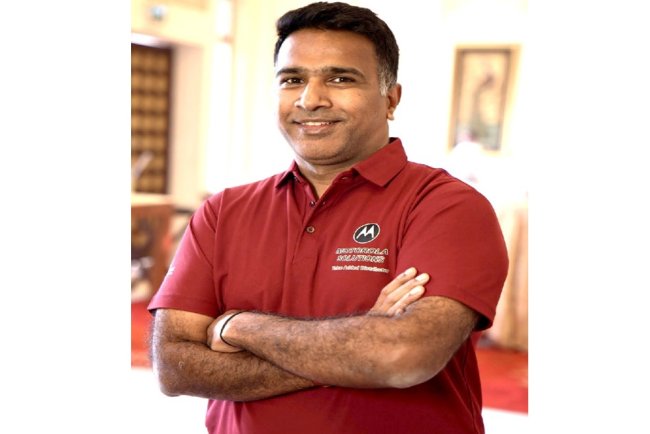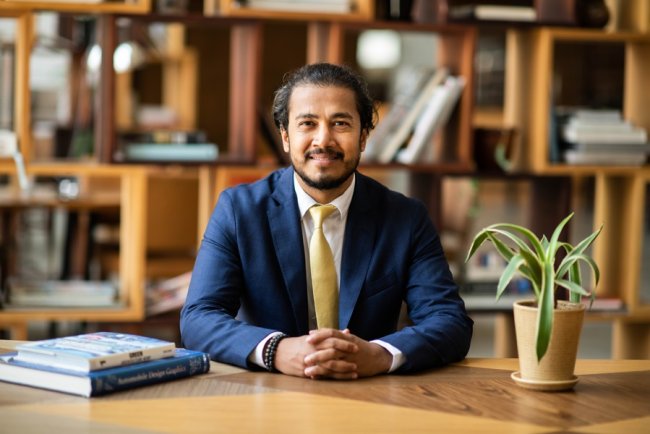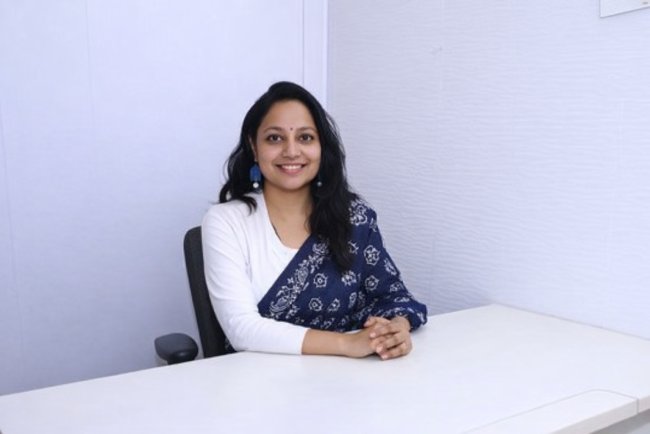Change That Lasts: How Education And Skills Transform Lives
For Santhi Periasamy, Head of Rythm Foundation, CSR arm of QNET, the goal has always been the same — helping people stand on their own and shape their future with dignity

Santhi Periasamy, Head of Rythm Foundation, CSR arm of QNET, has worked with women and children in underprivileged communities in Asia and Africa for more than 20 years. She started as a teacher before realising that the only way for people to assert their fundamental rights was via education. “When I worked with children from underprivileged families, I saw how much difference even a little access to learning could make. That belief has stayed with me,” she says.
Today, as head of the Rythm Foundation, she leads programmes that focus on education, women’s empowerment and life skills. Her work has always been shaped by listening to communities first. “We don’t go in with pre-designed solutions. We talk to people, understand their challenges, and then design initiatives that make sense for them,” she says.
One example she shares is from a village in India where a woman joined a women’s programme with little schooling and no income. After learning how to tailor and launching a little sewing company, she eventually had enough money to support her family and send her kids to school. Her husband eventually started helping her as well. . “That small change gave confidence to many other women in the same village,” Santhi says.
Trust is a central part of her approach. In one Malaysian community, families were reluctant to accept outside help. Instead of rushing in with solutions, the Foundation spent months building relationships. “Only after that did they open up, and the change became long-lasting,” she says.
Cultural barriers often add to the challenge. In India, the “Safer Cities for Girls” project faced strong resistance from families who did not want their daughters moving freely in public. By involving mothers and local influencers, perceptions slowly shifted. “Eventually, girls stepped out with more confidence. That was the real change,” Santhi says.
Looking ahead, she believes development must also address climate resilience, digital access and social equity together. “Rural youth often lack access to technology, which increases inequality. Closing that gap while teaching life skills is the way forward,” she says.
"You need patience and passion," she says plainly to young professionals in the field. Building trust is a process that requires time. However, the outcomes are worthwhile if you stick with the community.
For Santhi, the goal has always been the same — helping people stand on their own and shape their future with dignity.
What's Your Reaction?

















